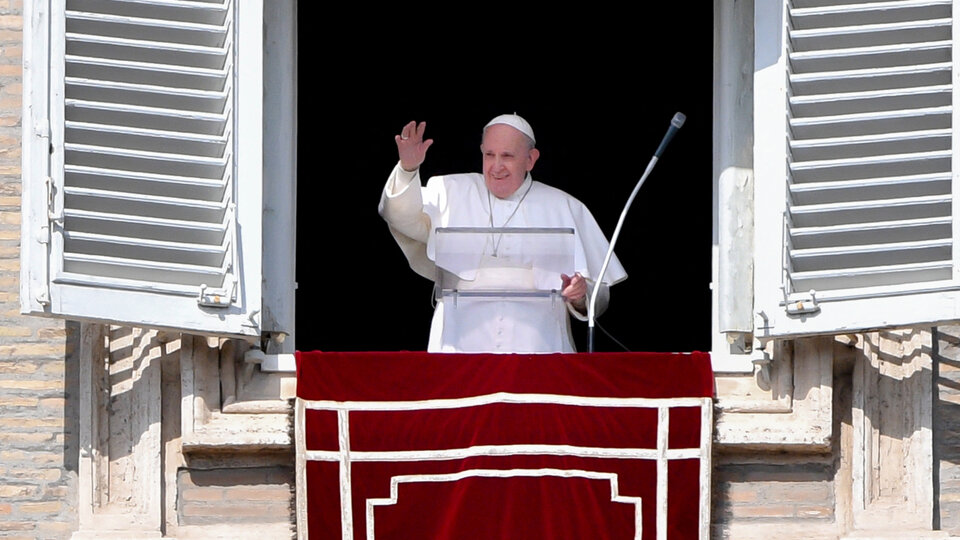
[ad_1]
Francis’ thirty-third international trip, which will take him to Iraq a few days before celebrating the eighth anniversary of his pontificate, fulfills multiple objectives, all framed in the religious political strategy of the highest authority in Catholicism. With his visit to the Arab country, Jorge Bergoglio pursues one of the goals repeated several times since he assumed his responsibility as pontiff: contribute through your message, your presence and even your personal testimony to promote peace even in the most conflictual situations. This is why Francisco decided in this case to ignore the recommendations of many of his advisers who advised him not to go to Iraq because the trip represents a serious risk for his own safety.
The trip had already been postponed due to the pandemic. However, despite the warnings about the dangers that this entails, the Pope’s conviction that his presence is important in this region of the world weighs above all in giving his testimony in favor of peace and dialogue between religions.
Also the situation of the Christian minorities harassed permanently in Iraq increased the motivations of Francis to undertake this new pilgrimage, as he calls it himself. The Pope wanted to express his solidarity and his support to Christians persecuted in this country by radicalized Islamic groups. Although the jihadists mainly attacked Muslims, to understand the dimension of the Christian problem, it should be noted that before the American invasion in 2003, the Christian community was made up of 1.2 million people. Of this total currently only about three hundred thousand Christians remain, and most of these communities have suffered internal displacement to the autonomous region of Kurdistan.
To the above considerations, we must also add that, within the framework of the strategic objectives of his pontificate, Francis firmly points out rapprochement between the great monotheistic religions and, in particular, the rapprochement with Islamism, convinced that in a world crossed by intertwined and concatenated conflicts, the majority religious communities must act together to collaborate for universal peace.
A little over two years ago, the Pope visited the United Arab Emirates and there signed with Imam Al-Azhar an important document “On human fraternity for peace and coexistence in the world” where this objective was fully manifested.
From now on, as part of the visit to Iraq, the Pope will meet the highest Shiite authority, Grand Ayatollah Ali al Sistani. In the same vein of the search for rapprochement between the great historical religious traditions the symbolic visit that Francis will now make in the plain of Ur, the land of the prophet Abraham, father of the three monotheistic religions, is listed.
As we widen our perspective on the world stage, we should also not lose sight of the fact that Francisco’s trip takes place shortly after Joe Biden’s inauguration at the White House, someone with whom Bergoglio is more in tune. than with its predecessor. Francisco has hopes that the administration of the new US president will produce positive changes in the conflicting world scene. This is despite the fact that the signals that continue to arrive from Washington do not appear to further alter the United States’ international war policy.
For this reason the message in favor of peace and against warmongering as a solution to differences, also takes as its destination the main resident of the White House.
With his presence in Iraq, the Pope wants to reinforce his warning on the gravity of the conflicts which affect humanity and to testify to his commitment in favor of peace, ignoring even the warnings which warn against the risk of his personal security.
[email protected] .
[ad_2]
Source link
 Naaju Breaking News, Live Updates, Latest Headlines, Viral News, Top Stories, Trending Topics, Videos
Naaju Breaking News, Live Updates, Latest Headlines, Viral News, Top Stories, Trending Topics, Videos